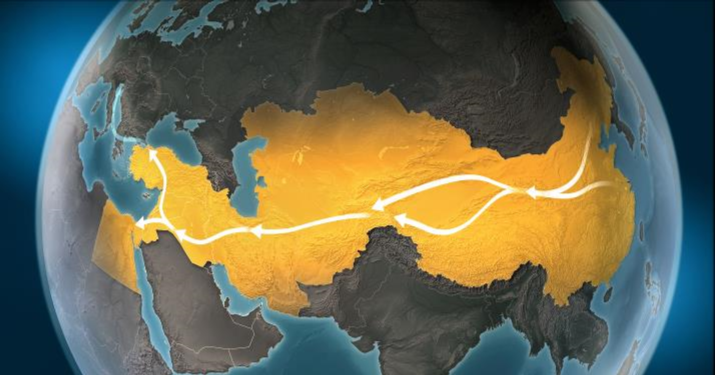
- This event has passed.
Online Lecture: Institutional and Policy Pathways to Carbon Neutrality in China by 2060
April 2021 @ 13:00 - 14:00
Event Navigation

Institutional and Policy Pathways to Carbon Neutrality in China by 2060
Valerie J. Karplus (Carnegie Mellon University)
This lecture is part of our new lecture series China’s Economic Rise – Political Transformations in Asia and Beyond
Thursday, April 1, 2021, 1:00-2:00pm CET
ZOOM Link: https://uni-goettingen.zoom.us/j/98853778484
Abstract: President Xi Jinping has announced that China will pursue a goal of net zero carbon dioxide emissions by 2060. This talk will examine the evolution of China’s institutions and policies as they relate to carbon management and ask how they will need to further change in order to support the country’s 2060 ambitions. The talk will conclude by discussing the potential for China’s emissions trading system for carbon dioxide, which is currently under development, to contribute to the 2060 goal.
Valerie J. Karplus is a Visiting Associate Professor in Global Economics and Management (GEM) at the MIT Sloan School of Management. Karplus studies resource and environmental management in firms operating in diverse national and industry contexts, with a focus on the role of institutions and management practices in explaining performance. Karplus is an expert on China’s energy system, including technology and business model innovation, energy system governance, and the management of air pollution and climate change. She works with a collaborative team of researchers to study the micro and macro determinants of clean energy transitions in emerging markets, with a focus on China and India. She teaches Entrepreneurship without Borders, New Models for Global Business, and is currently developing a new course, together with Professor Chris Warshaw in Political Science, on Global Energy Markets and Policy.
Source: https://mitsloan.mit.edu/faculty/directory/valerie-j-karplus
The lecture series is co-organized and co-sponsored by Göttingen’s Centre for Modern East Asian Studies as well the Kiel Institute China Initiative.
Picture: iStock.com/Maxiphoto
